When you think of the world’s most endangered species, it’s highly likely that elephants will come to mind. For centuries now, the Asian elephant population has had a downward trend. At the start of the 20th century, they totalled approximately 100,000. Today, there are an estimated 35,000 to 40,000 left in the wild.
The Phuket Elephant Nature Reserve is an ethical, sustainable, and accredited elephant sanctuary based in Phuket, Thailand. We have rescued elephants from situations of exploitation and neglect.
With us, these elephants live a peaceful, protected life in a natural jungle environment. And it’s in this habitat that you observe these incredible animals, immersing yourself in a fun, educational, and life-changing experience.
Our team shares more than 40 years of specialist expertise, allowing us to provide a wide range of ethical elephant activities in Phuket.
You can discover more about what we do by reading our guide to Phuket’s most ethical elephant sanctuary.
For any other questions you may have, please don’t hesitate to contact us.
For now, we’d love to share some insight into the importance of elephant conservation, and how our work can help even more of these beautiful creatures.
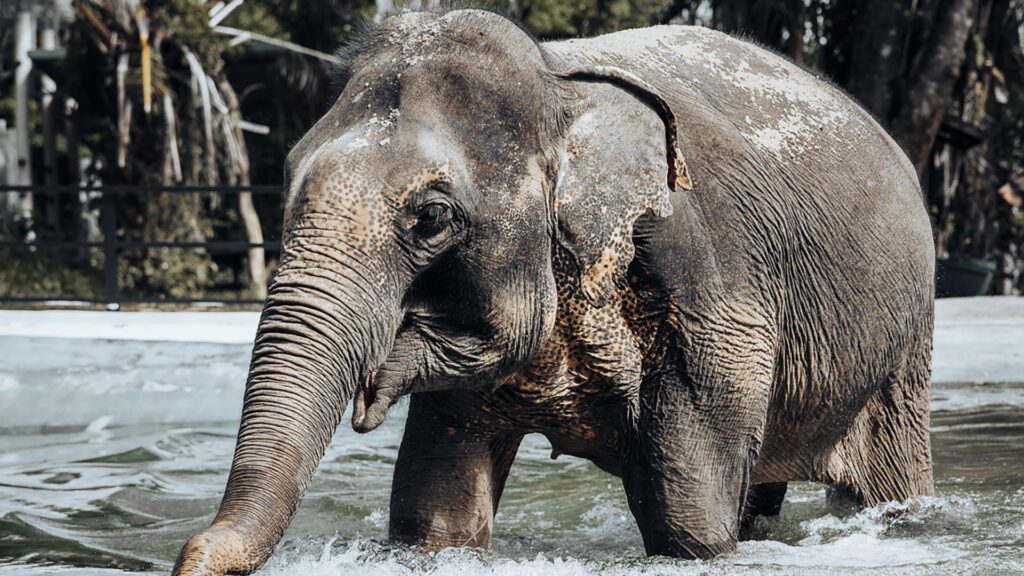
Asian Elephants (and Their Dung) Save the Forest!
While smaller than their African relatives, Asian elephants are still heavyweight animals that dominate their ecosystem. Due to their size, there’s very little that gets in their way.
As such, forest elephants create clearings in thick vegetation by trampling through it. They also eat extraordinary amounts of plant material on a daily basis, thinning out dense areas of growth even more.
The clearings that elephants create let more sunlight reach the forest floor, which encourages the growth of new seedlings and lower-lying plants. In turn, this produces more varied biodiversity capable of supporting a wider range of organisms.
Given the volume of vegetation they eat, elephants transport a significant amount of seeds and other vital organic material in their guts. They then deposit this, in the form of dung, far away from the original feeding site. According to some studies, these distances can exceed 60 kilometres (approximately 37.28 miles).
Elephants, then, are vital for the natural regeneration of forests, providing an invaluable habitat and resource for other animals and humans.
Elephant conservation, be it in Phuket or anywhere else in Thailand or South Asia, not only protects these intelligent animals but also maintains a thriving, healthy environment.
Elephants living in grassland or scrubland have a similar impact. Here, they ensure vegetation only dots these more open spaces, as opposed to overrunning them. For example, they can pull down trees and break up otherwise stubborn bushes and shrubs, helping to preserve specific biomes and all life within them.
Looking to learn even more about our country’s elephants? We think you’ll love our other guide Why Does Thailand Have So Many Elephants?
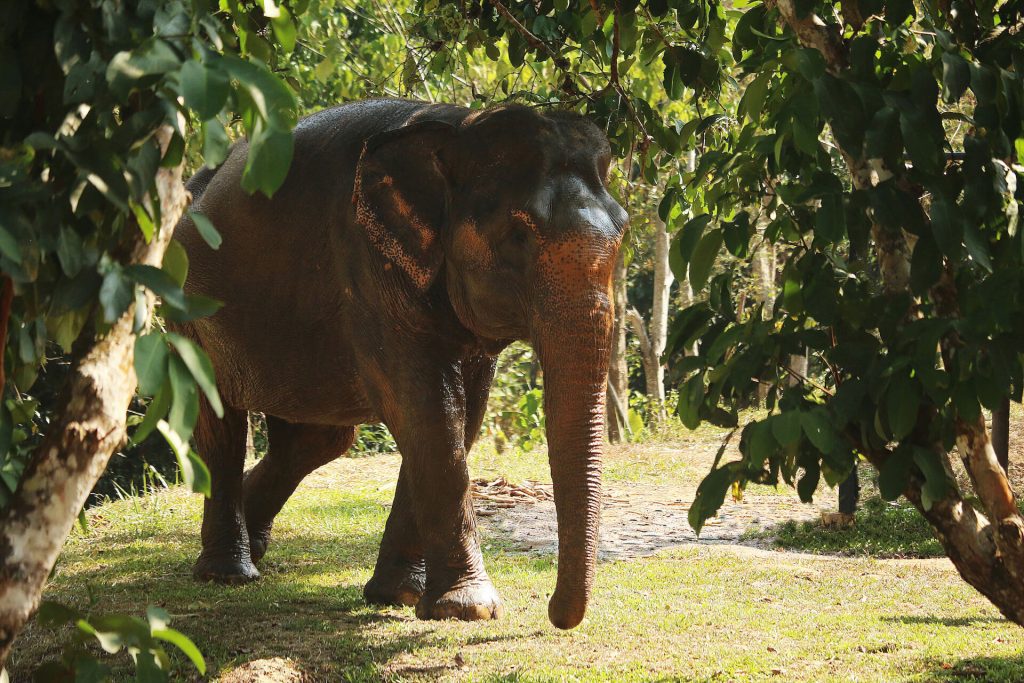
Elephants Support Other Species in the Ecosystem
Elephants are known as keystone species. This means they play a vital role in the maintenance of the ecosystem in which they live.
Put simply, without adequate elephant numbers, or no elephants at all, these ecosystems would irreversibly change for the worse, or collapse entirely.
Two excellent examples of how elephants help their environment are their ability to find water and the dung they deposit. (Yes, we’re talking about elephant dung…again!)
When faced with a lack of surface water, elephants dig until they find a fresh source. Of course, they do so to benefit themselves, but in the process, they create new water access for other creatures sharing the same space.
As mentioned above, elephant dung helps to transport seeds across large distances. However, it’s also a natural fertiliser packed with nutrients that promotes the germination of these seeds and other organic growth.
Without the elephant conservation work undertaken here at Phuket Elephant Nature Reserve, we run the risk of damaging and diminishing abundant ecosystems.
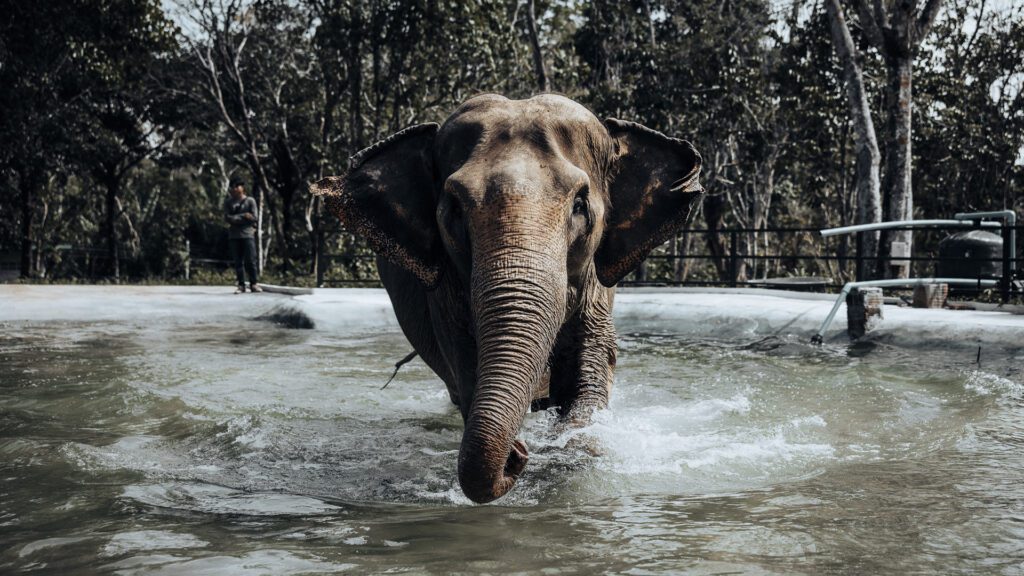
Elephants are a Cultural Icon in Thailand and South Asia
Whether you’re visiting Phuket for an extended period or travelling throughout Thailand’s many beautiful destinations, you will soon realise how central the elephant is to our country’s culture.
As the national animal of Thailand, you can find images of elephants on items like coins, stamps, clothing, and beer bottles.
These beautiful creatures are also represented in historical and modern architecture, artwork, and literature. An elephant appeared on our Thai national flag until 1917, and you can still find one on the Royal Thai Navy ensign today.
In Thailand and across South Asia, elephants embody a wealth of positive attributes, such as luck, fortune, power, strength, longevity, and intelligence.
Elephants also hold an important position in Buddhism, Thailand’s main religion. For example, they are the guardians of Buddha, Earth, and its temples. It is also said that Buddha lived as an elephant many times before his reincarnation in human form. This means that Buddhists view the animal as too sacred to eat.
The above only scratches the surface of the elephant’s historical, religious, and cultural importance in Thailand. Yet, it’s still clear to see just how revered they are.
It’s simply impossible to imagine Thailand, and other countries in South Asia, without an elephant population.
Through our elephant conservation work here at the Phuket Elephant Nature Reserve, we help to ensure that never happens.
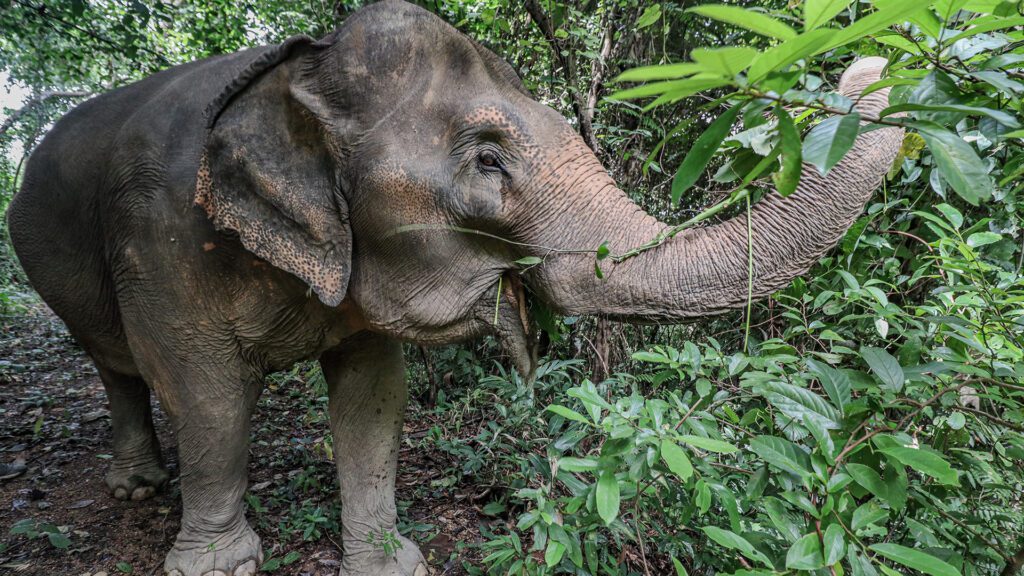
Elephant Conservation in Phuket: Play Your Part
The WWF classifies the Asian elephant as critically endangered, so we still have a huge task ahead of us.
By supporting our work at Phuket Elephant Nature Reserve, you play your part as a responsible traveller.
We excel at managing events of every kind, including private and group bookings, corporate team-building days, MICE, and even weddings.
As you would expect from a pioneer in eco-tourism, we invest money raised through our operations back into the company. This includes rescuing as many more elephants as we can, feeding all our animals, ongoing veterinary care, and constructing land and infrastructure for our elephants to live on and use.
We also pride ourselves on supporting local Mahouts and the other staff who make us the leaders for elephant conservation in Phuket.
Are you ready to visit us in the south of Thailand? Browse our range of Phuket elephant activities, and please get in touch if you have any questions.
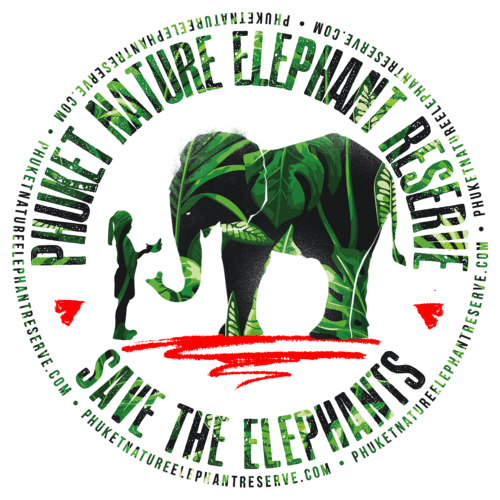
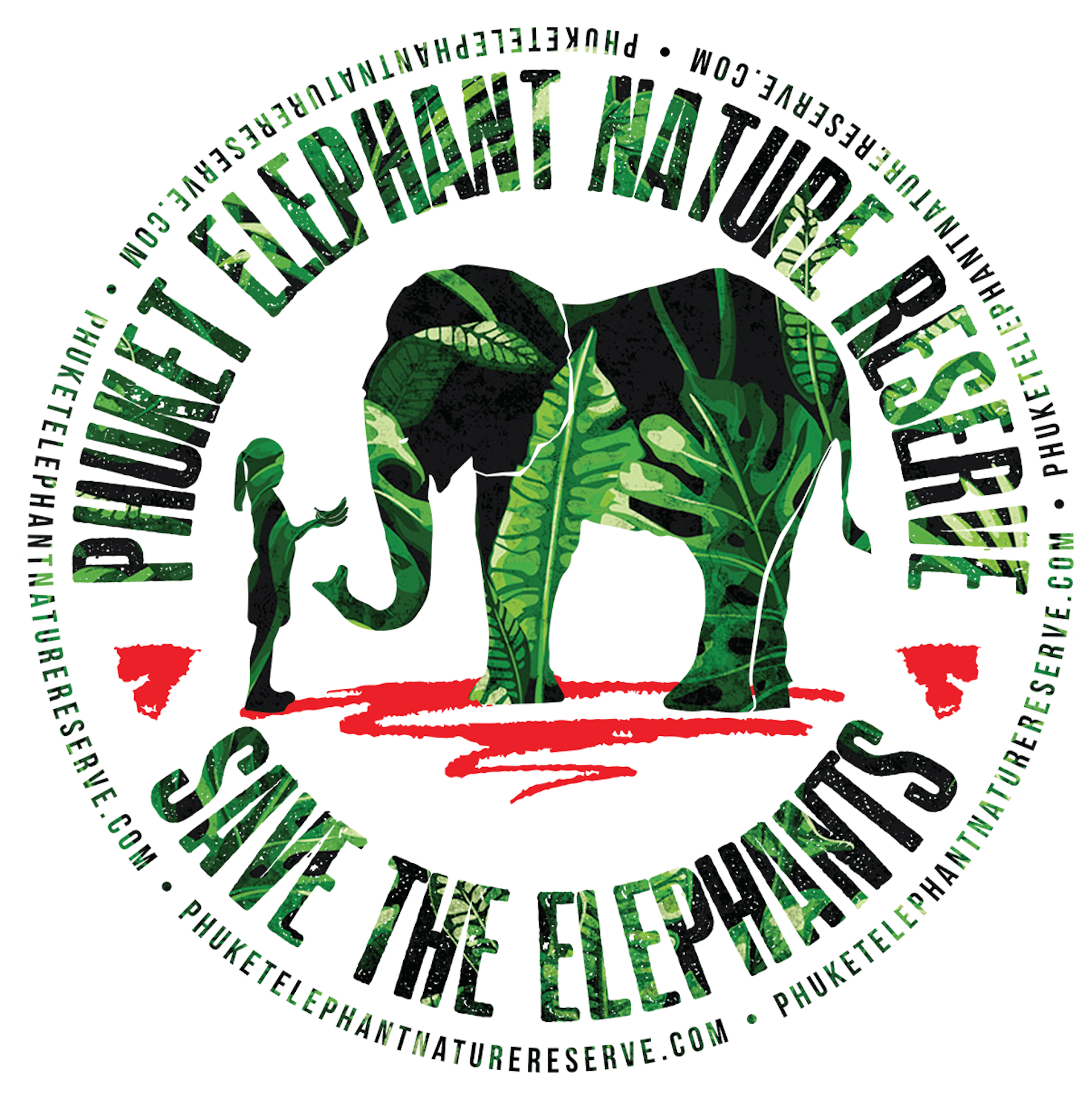
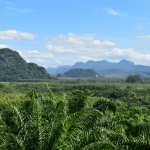

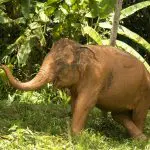

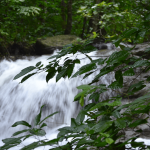
[…] The importance of elephant conservation cannot be overstated, and stopping elephant riding is one of the most important aspects in helping to protect more of these wonderful creatures. […]
[…] When you have finished reading this guide, learn more about the importance of elephant conservation. […]
[…] Take a deeper dive into this subject by reading our previous guide The Importance of Elephant Conservation. […]
[…] the island’s foremost ethical elephant sanctuary, we not only understand the importance of elephant conservation, but we also love to help visitors complete their Thailand bucket […]
[…] understand the importance of elephant conservation, so we have a sole aim: to provide a peaceful environment for these incredible creatures, […]
[…] have complete peace of mind from start to finish. At Phuket Elephant Nature Reserve, we understand the importance of elephant conservation. The welfare and well-being of our animals are our […]
[…] understand the importance of elephant conservation, so we ensure our elephants have a varied diet that gives them everything they need to stay […]